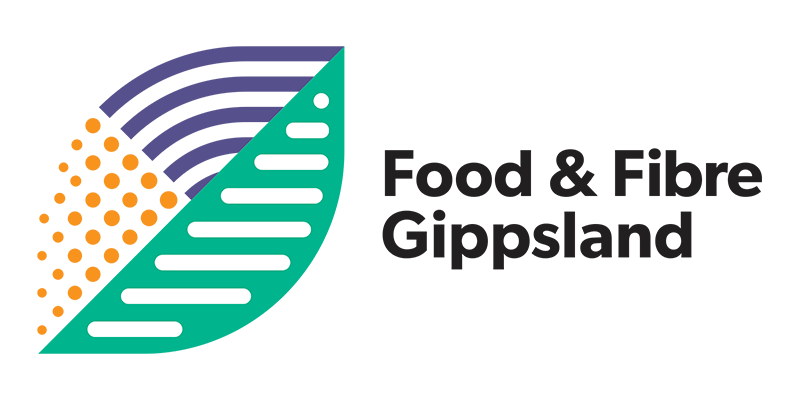Exploring Carbon Economies
Carbon is a term many are familiar with, particularly given its regular pairing with “emissions” or “dioxide/monoxide”.
Building a carbon rich topsoil for increased performance becomes a perpetual cycle with Soilkee.
Besides its more sinister role as a component in the aforementioned greenhouse gases, carbon plays an extremely important role as the building block of organic life - particularly within plants and soils. From a soil perspective, carbon is released during the normal breakdown process of plants, microorganisms and waste materials from animals. This soil carbon bears considerable responsibility for water retention, soil health, and ultimately translates into crop / pasture yields.
Increasing soil carbon content is not only a positive for the productivity of farming systems, but potentially also an opportunity for income diversification through tracked carbon sequestration. Carbon sequestration, the process of drawing the dreaded atmospheric carbon into the soil (or forests, or plants, or sea-based plants), already occurs all around us in existing farming systems. The land and forestry management practices that we employ can either increase or decrease the efficiency of this carbon sequestration, and have for some time been gaining recognition as a potential mechanism to combat climbing levels of detrimental atmospheric carbon.
At national and international levels, we now have carbon credit schemes (both formal and informal) that food and fibre producers can partake in. These schemes often require a benchmarking process, where existing soil carbon is measured throughout a time series, and where the increased volumes of soil carbon can be traded as credit units to net producers of carbon emissions. Herein lies a number of opportunities for the Gippsland region.
Food & Fibre Gippsland has commenced exploratory work on Carbon Economies.
The goal of this work is to determine how the region might be able to collaboratively develop tools and practices that generate economic benefit through our existing, and potential future, carbon sequestration abilities. Currently in its early stages, this work proposes bring together experts in carbon, environmental / social capital accounting, producers, the community, education / research and the government to co-design areas of further interest for the region, and pursue the opportunities that arise from them.
F&FG plans to hold a workshop in September to discuss the opportunity, learn from those within the region who are already undertaking some exciting work in the space, and invite ideas from interested parties.
The upcoming workshop will likely be held via videoconference, and anyone interested in participating is invited to contact Ben Gebert for more information on 0437 800 781, or ben.gebert@foodandfibregippsland.com.au

